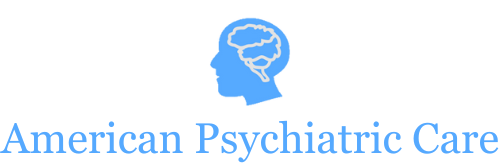Medications for Substance Use Disorders
The use of medications, in combination with counseling and behavioral therapies, to provide a “whole-patient” approach to the treatment of substance use disorders. Medications used are approved by the Food and Drug Administration (FDA) and are clinically driven and tailored to meet each patient’s needs.
Research shows that a combination of medication and therapy can successfully treat substance use disorders, and for some medications can help sustain recovery. Medications are also used to prevent or reduce opioid overdose.
The ultimate goal is full recovery, including the ability to live a self-directed life. This treatment approach has been shown to:
Improve patient survival
Increase retention in treatment
Decrease illicit opiate use and other criminal activity among people with substance use disorders
Increase patients’ ability to gain and maintain employment
Improve birth outcomes among women who have substance use disorders and are pregnant
Research also shows that these medications and therapies can contribute to lowering a person’s risk of contracting HIV or hepatitis C by reducing the potential for relapse. Learn more about substance misuse and how it relates to HIV, AIDS, and Viral Hepatitis.





Opioid use disorder
Buprenorphine, methadone, and naltrexone are the most common medications used to treat OUD. These medications operate to normalize brain chemistry, block the euphoric effects of alcohol and opioids, relieve physiological cravings, and normalize body functions without the negative and euphoric effects of the substance used.
Buprenorphine, methadone, and naltrexone are used to treat OUD to short-acting opioids such as heroin, morphine, and codeine, as well as semi-synthetic opioids like oxycodone and hydrocodone. These medications are safe to use for months, years, or even a lifetime. As with any medication, consult your doctor before discontinuing use.

Alcohol use disorder
Acamprosate, disulfiram, and naltrexone are the most common medications used to treat alcohol use disorder. They do not provide a cure for the disorder but are most effective for people who participate in a treatment program. Learn more about the impact of alcohol misuse and AUD.
